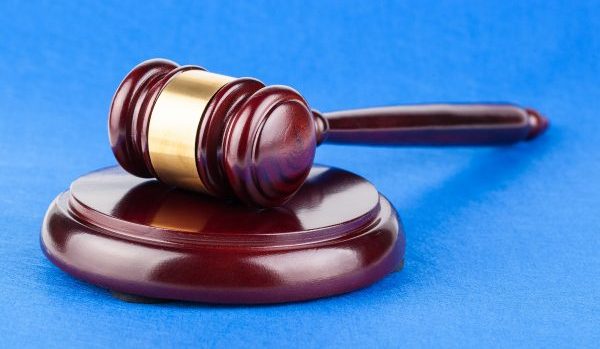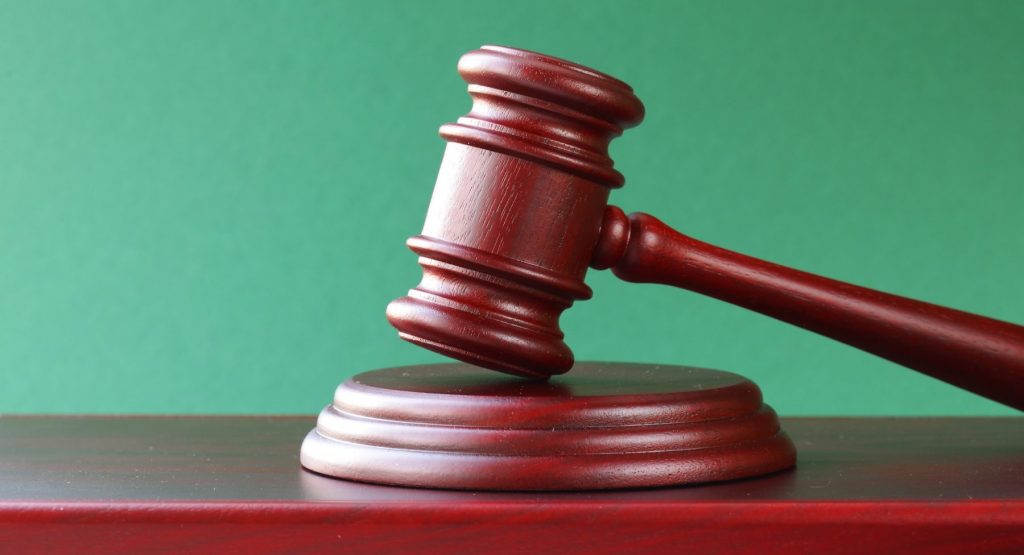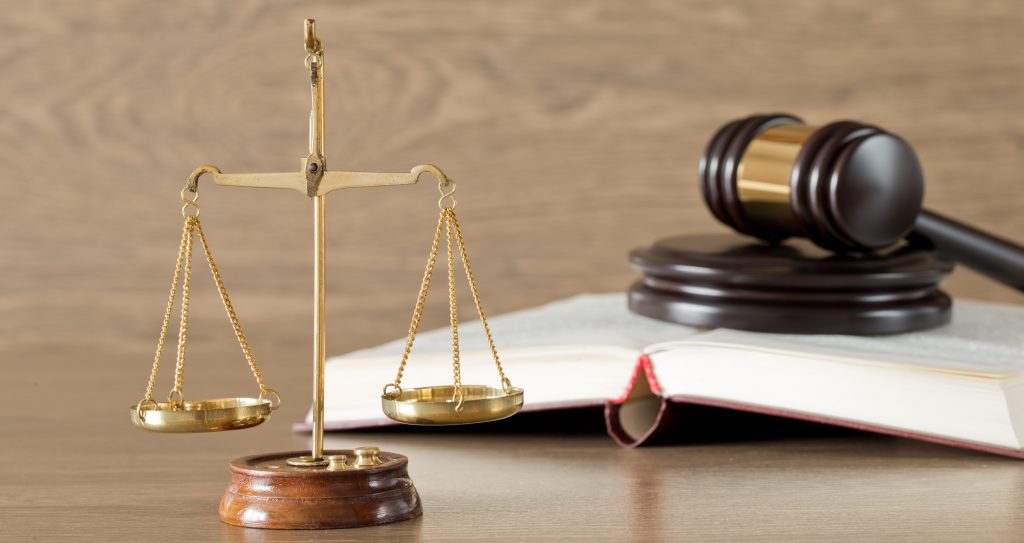If you have been convicted of a state-level felony offense, you are in need of immediate criminal defense! Learn what you need to know about appealing a felony conviction and where to find aggressive legal representation to fight for your rights and preserve your freedoms.

Criminal Defense Law Firm 317-636-7514
Your Right to an Appeal
Those convicted of a state felony offense, but have not yet pleaded guilty to the conviction, may have the opportunity to appeal in a state court of appeals. Unfortunately, those who have already plead guilty to a state felony crime have also forfeited their right to an appeal.
Your Criminal Defense Lawyer’s Role
In order to appeal a felony conviction, you would need to present your appeal to a state appellate court. Appellate courts are much different from criminal courts in terms of process and procedure. So in order to present an appeal to the best affect, you would need the services of a skilled criminal defense lawyer. They have the knowledge, experience, and resources to build a strong and impactful defense in order to defend your rights, protect your freedoms, reduce or dismiss jail time, and much more.
Appealing a Felony Conviction
As the defendant, you hold the burden of proving your appeal. In fact, the opportunity to appeal will not be offered to you by the courts, which means you alone have the responsibility of asking your criminal defense lawyer to put an appeal into motion. Keep in mind that criminal defense lawyers will not automatically file an appeal if a case is lost, unless it is officially requested by the client.
Winning Your Appeal
The progress of your appeal depends on the ruling of an appellate judge. The judge will review the case presented by you and your lawyer, and then decide whether or not there the appeal has any merit and deserves an appeal. If the appellate judge decides that the appeal is not valid nor warranted, it will be denied at your appellate hearing.
In the case that an appeal is granted, both the prosecution and the defense must turn in written briefs for appellate review; then a new verdict can be handed down by the judge. State court of appeals may declare a mistrial, overturn a guilty verdict, or reduce the original conviction.
Indianapolis Criminal Defense That Fights For You!

David E. Lewis Attorney at Law 317-636-7514















